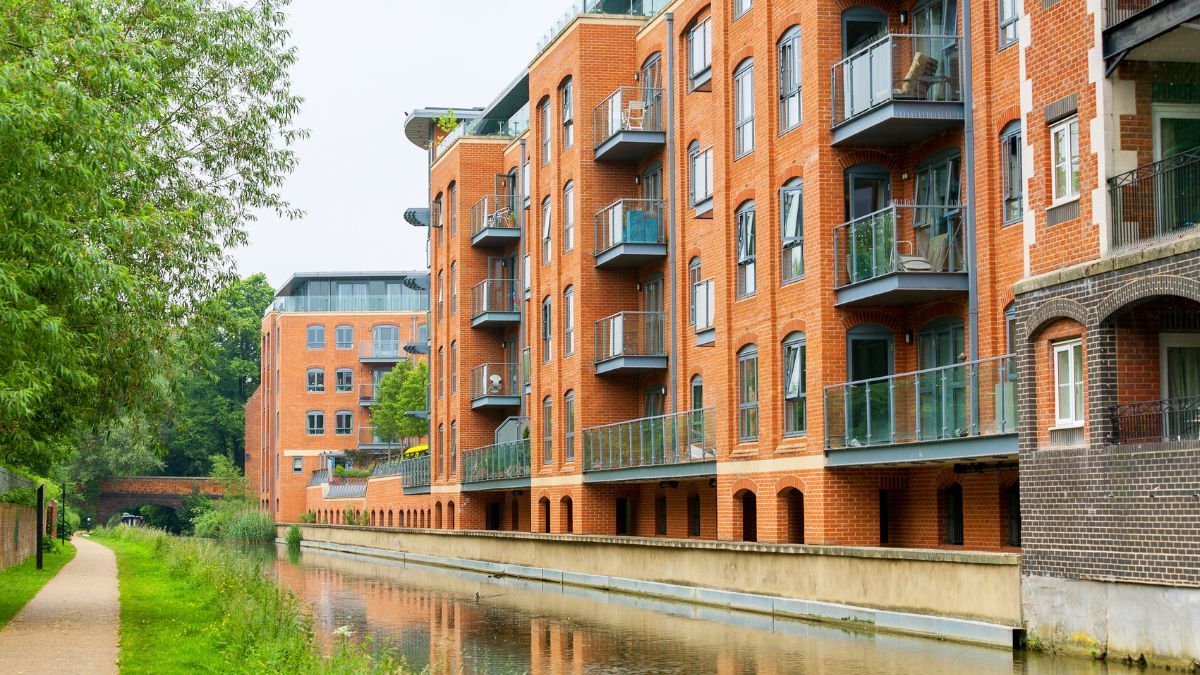MORTGAGES
Protection
Insurance
Whole of Market Mortgage Advice
Whether you are a first time buyer, experienced landlord, home mover, looking to remortgage or to raise money for an extension, Oakdene Mortgages are here to help you every step of the way.
Stay Connected






Contact us
07816 164678 / 07887 685800
info@oakdenemortgages.co.uk
Business Hours
- Mon - Fri
- -
- Saturday
- Appointment only
- Sunday
- Closed
Address
Get in touch
Contact Us
We will get back to you as soon as possible
Please try again later
All Rights Reserved | Oakdene Mortgages
Your home may be repossessed if you do not keep up your repayments on your mortgage.
You may have an early repayment charge with your current lender and should check before re-mortgaging.
We do not charge a fee to arrange a mortgage.
Oakdene Mortgages Limited is an Appointed Representative of Stonebridge Mortgage Solutions Ltd which is authorised and regulated by the Financial Conduct Authority.
Oakdene Mortgages Limited FCA Registration number 923721. Stonebridge Mortgage Solutions FCA Registration number 454811.
Using either of the links above will leave the website of Oakdene Mortgages and we cannot be held responsible for the contents of this external website.
Registered Office: Oakdene Mortgages Limited, 41 Oakdene Crescent, Portslade, East Sussex, BN41 2RP. Registered Company Number: 12469272 Registered in England & Wales
